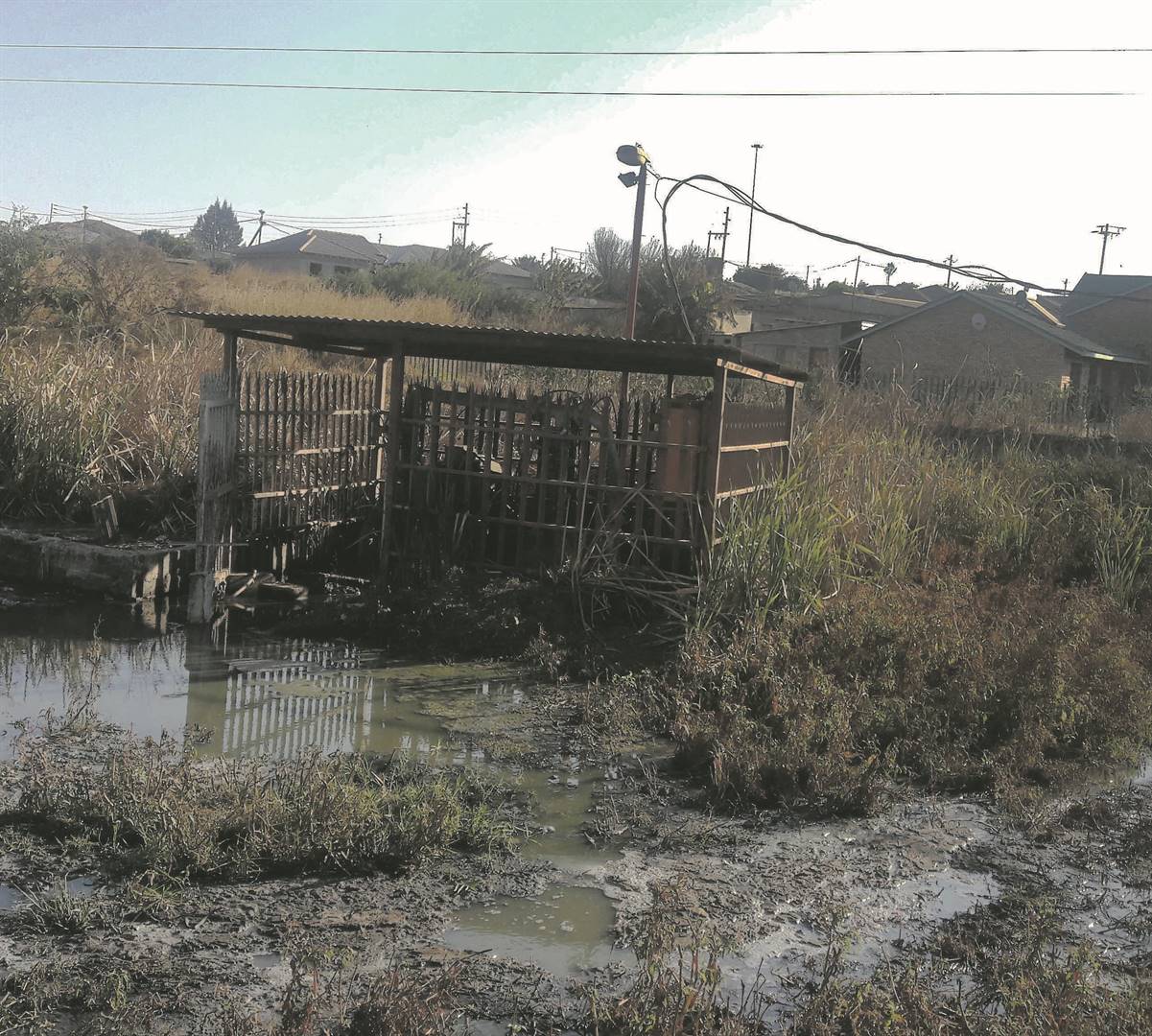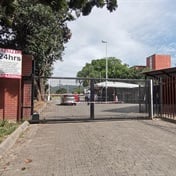
Politicians in Mpumalanga have tied a R1.1 billion noose around the necks of ratepayers in their attempt to keep Chinese investors happy.
The Thaba Chweu Local Municipality’s about-turn in its decision to stop the construction of the R410 million Duma electricity substation has compounded its electricity bill problems.
The municipality already owes Eskom R700 million, and the 40 megavolt amp substation will significantly add to the financial burden facing the cash-strapped institution, and will take many years to settle.
China Sinogy Electric Engineering (CSEEC) raised the capital needed to build the substation, but a plan regarding how it would recoup the money and make a profit appears to have been kept secret.
Last month, City Press reported that the Thaba Chweu council had in September decided to go ahead with the construction to avoid a multimillion-rand lawsuit by CSEEC – which would be R4.6 million for each week since the project was stopped.
Read: Mpumalanga council forced to maintain dubious R410m contract
In June, the council resolved to stop the build and review the project after fears were raised that the municipality would struggle to reimburse CSEEC as the cost of the project escalated.
Initially, the substation was projected to cost R295 million, but this has increased by R115 million.
The council was also worried that the transaction did not comply with the Municipal Finance Management Act and that there was no contract management plan in place.
In addition, the bill of quantities submitted on May 16 “depict hallmarks of flagrant misrepresentation of the project as a public-private partnership, while the municipality is portrayed to have agreed through its officials to all the irregularities”.
National Treasury spokesperson Jabulani Sikhakhane said the project was deregistered as a public-private partnership in June 2014, but did not provide reasons for this.
In public-private partnership projects, a private company raises funds and takes all the risks.
A government institution is either expected to pay back the private company or ensure that there is a revenue stream through which the company can recoup its money.
“Once the project is deregistered, it’s no longer regarded as a public-private partnership project and the municipality is not obliged to follow our public-private partnership process,” said Sikhakhane.
This means that Thaba Chweu and CSEEC are on their own in this partnership.
The EFF believes this arrangement is risky.
Exodus Maloka, an EFF councillor in Thaba Chweu, said: “If this project is not a public-private partnership, this means that the municipality awarded a tender without following procurement processes and denied companies the chance to bid. This is not in line with the Municipal Finance Management Act and any expenditure arising from this is irregular.”
Thaba Chweu’s acting municipal manager, Sphiwe Matsi, declined to divulge the municipality’s plan to repay CSEEC, or to say whether it could afford to do so and what the risks were if the endeavour was not a public-private partnership.
Matsi said the contract was being reviewed.
However, due to fear of litigation, the council gave CSEEC the go-ahead. Matsi also declined to explain what purpose the review served if the contract was resumed and the project was 90% complete.
“The council is yet to receive a report on the review of the contract,” she said. “We will issue a statement after the report has gone to council and council has applied its mind guided by the report.”
CSEEC has contracted Hexing Electrical SA to install electricity meters in 15 000 homes. It is assumed that CSEEC will recoup its money from electricity sales.
Hexing’s venture into two other municipalities a few years ago – eDumbe in Paulpietersburg, KwaZulu-Natal, and Dihlabeng in Bethlehem, Free State – ended in disaster.
In eDumbe, Hexing takes 30% of the electricity revenue the municipality collects, and its five-year contract has since been placed under investigation.
The Dihlabeng municipality terminated the company’s contract.
CSEEC has previously vehemently denied that Thaba Chweu consumers would pay more for electricity.
A copy of a purchase contract between CSEEC and Hexing, which was signed on March 10 2016, indicates that a monthly system management fee of “3% of the total municipality electricity and 4% of the electricity sales collected via a third party vendor” would be charged.
CSEEC did not respond to written questions seeking comment.




 Publications
Publications
 Partners
Partners









